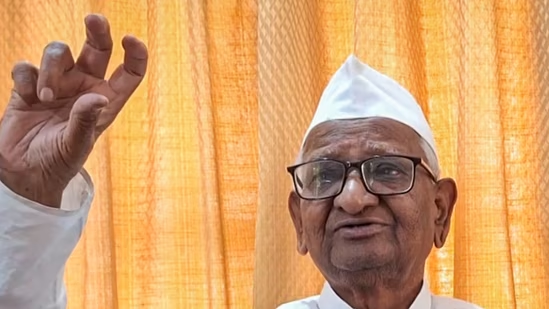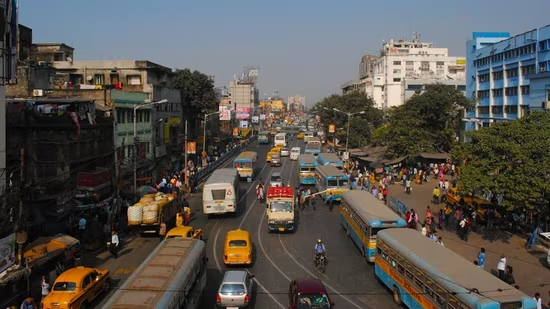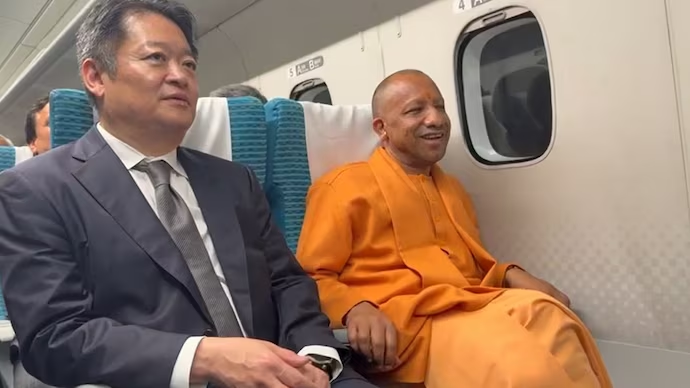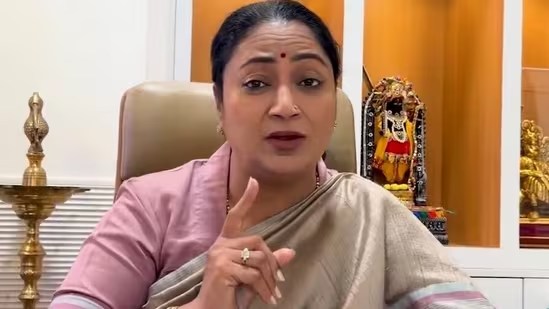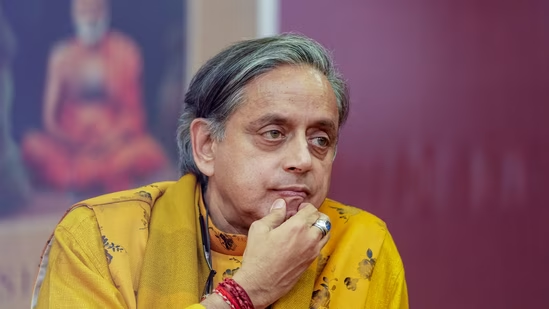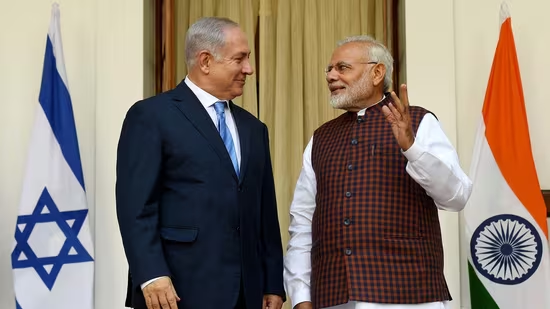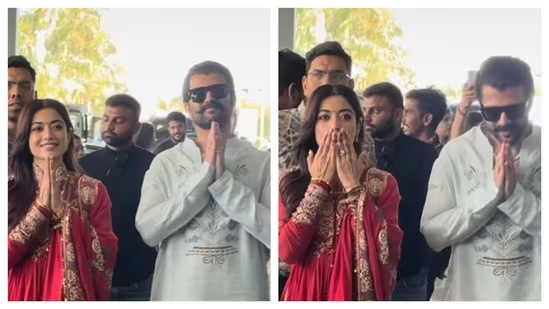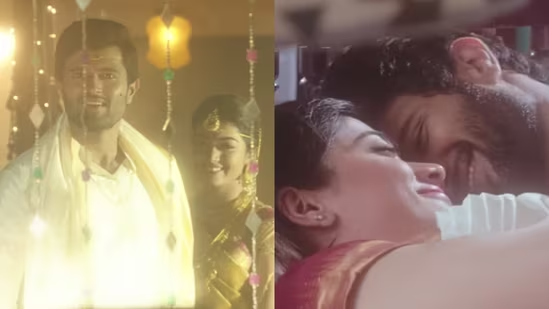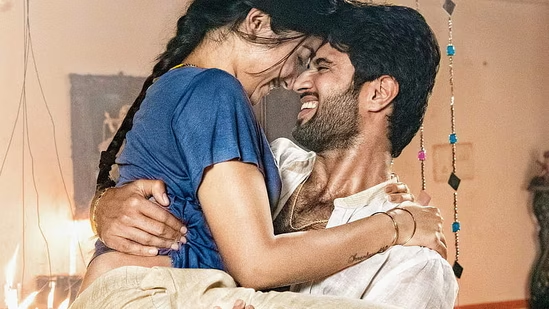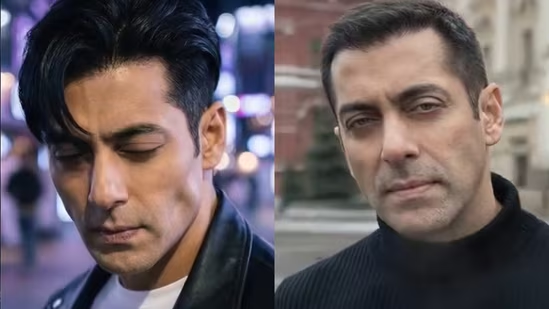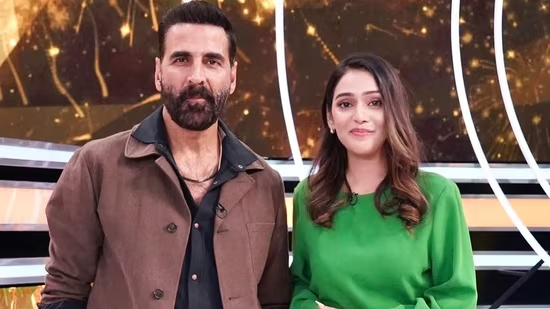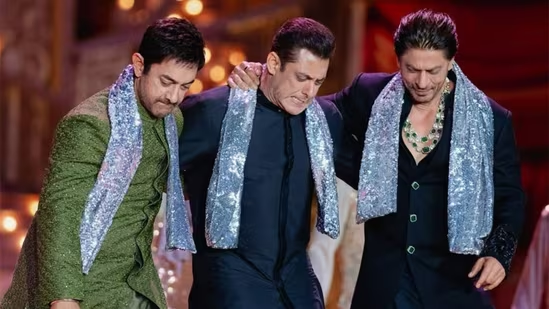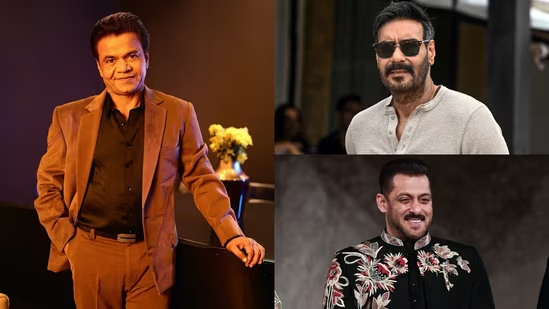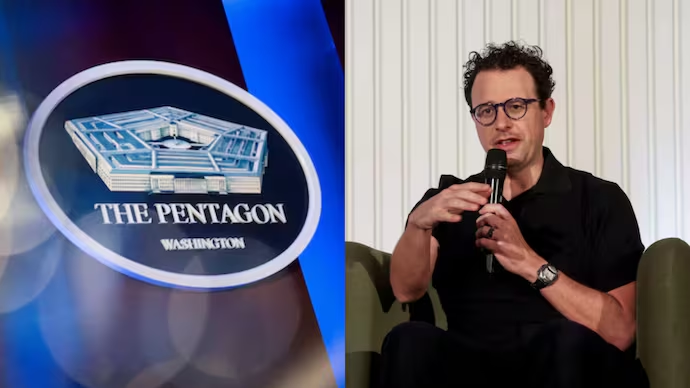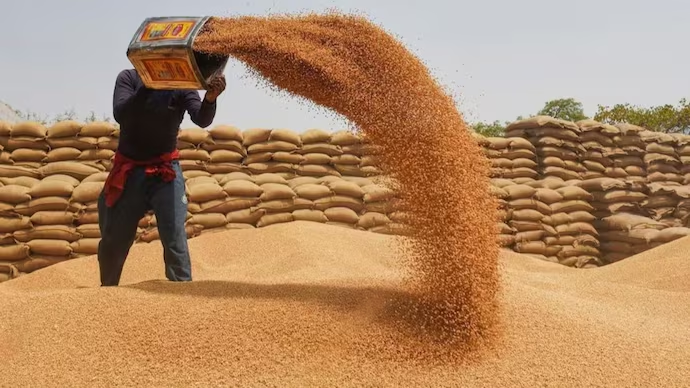India’s performance at the Paris Olympics highlighted significant challenges in sports, governance, and society. While young star Manu Bhaker secured two bronze medals, raising hopes for future gold, the broader picture reveals a nation grappling with underachievement on the global stage. This article delves into the factors contributing to India’s Olympic struggles, from governance issues to societal challenges, and explores what must change for India to realize its sporting potential.
Manu Bhaker: A Beacon of Hope Amidst Olympic Struggles
The Paris Olympics could have been a disheartening chapter for India if not for the remarkable achievements of Manu Bhaker. This young athlete, just out of her teens, secured two bronze medals and narrowly missed a third. Her success offers hope but also raises concerns about the potential pitfalls she faces, particularly the dangers of flattery and media attention. The role of her supportive parents will be crucial in ensuring she remains focused and grounded.
India’s Disappointing Olympic Performance
As I reflect on India’s performance at the Paris Olympics, I must admit that I am more of a sports observer than an athlete. From the opening ceremony to the closing event, I remained glued to the television, watching with a mix of anticipation and disappointment. Like many patriotic Indians, I was frustrated by our nation’s lackluster performance, which saw us ranked 71st in the medal tally. This is particularly frustrating given India’s massive population and its growing economic and diplomatic power.
Blame Game: Athletes vs. Governance
Initially, I found myself agreeing with P.T. Usha, the President of the Indian Olympic Association (IOA), who placed the blame squarely on the athletes. She argued that it is the athletes’ responsibility to manage their affairs and secure medals for the country. The case of Vinesh Phogat, who was disqualified from the gold medal contest, seemed to exemplify this mismanagement.
However, Nita Ambani, a member of the International Olympic Committee (IOC) and a key figure in Indian sports, offered a different perspective. She emphasized that winning Olympic medals is a collective effort and expressed confidence that India would achieve double-digit medals in Paris through teamwork. Ambani’s vision echoed Prime Minister Narendra Modi’s proclamation that India aims to host the 2036 Olympics, fulfilling the dream of 1.4 billion people.
Financial Support and Its Limitations
Nita Ambani’s patriotic fervor and government investments, such as the Rs 2 crore allocated for Manu Bhaker’s training under the Khelo India program, were touted as key factors behind India’s limited success. However, the notion that financial support alone can buy Olympic medals is overly simplistic. True success requires a combination of financial backing, talent, and effective governance.
The Olympic Motto and Indian Society
The updated Olympic motto, “Citius, Altius, Fortius – Communiter” (Faster, Higher, Stronger – Together), reflects the importance of unity in achieving greatness. For India’s athletes to succeed on the global stage, they must embrace this motto, focusing on collective effort rather than individual bravado or financial gains.
The Olympic community, a microcosm of the larger Indian society, mirrors the challenges we face as a nation. Over the past decade, India has made progress in certain areas, but not necessarily in the right direction. Scandals, corruption, rising unemployment, poverty, and inequality have become more prominent, while communalism and crony capitalism have weakened societal unity.
Governance and Its Impact on Sports
These societal issues point to a broader problem of governance in India. The BJP government, which came to power in 2014 with slogans like “Minimum Government, Maximum Governance” and “Sabka Saath, Sabka Vikas,” has struggled to translate these ideals into reality. Effective governance, which involves a balanced interaction between the government, private sector, and civil society, is essential for nurturing excellence in all fields, including sports.
Civil society, which includes a wide array of organizations such as NGOs, labor unions, and community groups, plays a crucial role in holding institutions accountable and promoting transparency. However, the government’s recent crackdown on civil society has weakened this “third sector,” diminishing its capacity to nurture and promote excellence, including in sports.
The Role of Civil Society in Sports Development
The decimation of civil society has had far-reaching consequences, draining its capacity to nurture and promote excellence in various fields, including sports. As mediocrity takes root, governance suffers, and India’s ability to compete on the international stage diminishes. The Olympic drought is a manifestation of this broader issue.
Vinesh Phogat’s story is a testament to the challenges athletes face in this environment. However, there is hope. Despite the setbacks, the Paris Olympics have brought forth two shining ‘Diamonds’ from Haryana – Vinesh Phogat and Manu Bhaker. The future of India’s Olympic aspirations lies in preserving and promoting the purity and strength of these athletes and others like them.
Conclusion: Addressing India’s Olympic Challenges
India’s Olympic struggles are a reflection of broader societal and governance issues. For India to achieve its potential on the global stage, we must address these challenges, ensuring that our athletes receive the support and environment they need to succeed. The road ahead is long, but with determination and unity, India can overcome the Olympic drought and emerge as a true sporting powerhouse.




